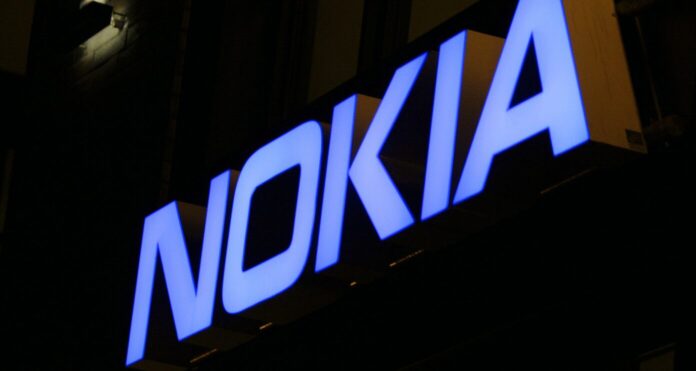Finnish vendor Nokia announced that it has opened its first Open RAN (O-RAN) Collaboration and Testing Center at its offices in Dallas, Texas.
The new facility is designed to support the development of partnerships among O-RAN vendors that will help with the verification, introduction, and launch of O-RAN compliant solutions to market, Nokia said in a release.
In particular, Nokia said that vendors will be able to execute Interoperability Tests (IOT) and end-to-end testing for O-RU/O-DU Open Fronthaul as well as xAPP testing for Nokia’s near-real-time RAN Intelligent Controller (RIC). Nokia plans to open similar facilities at its other global offices around the world in the future.
The Nokia O-RAN Collaboration and Testing Center provides a collaborative and open working environment to perform tests with the aim of launching O-RAN compliant solutions. The center provides a venue to collaborate as well as validate different areas such as control, user, management, and synchronization plane compliance with O-RAN Alliance specifications. While the short-term focus is on Open Fronthaul and near-real-time RIC, Nokia said it plans to expand to other O-RAN interfaces in the near future.
The European vendor said the center is built with a variety of support nodes and test tools to ensure a collaborative, open, and confidential test environment, and that the center places particular emphasis on the protection of participants’ intellectual property and confidential material. It provides work area isolation of vendor personnel, equipment, and data through access controls, separate secure work areas, and network segregation.
Pasi Toivanen, Head of Edge Cloud at Nokia, said: “Our new O-RAN Collaboration and Testing Center highlights our continued commitment towards O-RAN and the development of new solutions. At our Dallas offices, we have created a collaborative and secure working environment that offers best-in-class facilities to help our partners achieve their goal.”
In traditional RAN, the networks are deployed using fully-integrated cell sites, where the radios, hardware and software are provided by a single supplier as a closed proprietary solution. With Open RAN the industry is working towards standards and technical specifications that define open interfaces within the radio system, including hardware and software, so that networks can be deployed and operated based on mix-and-match components from different suppliers.

